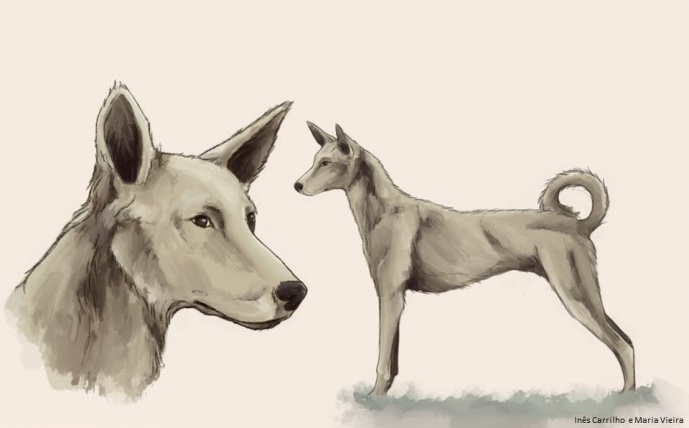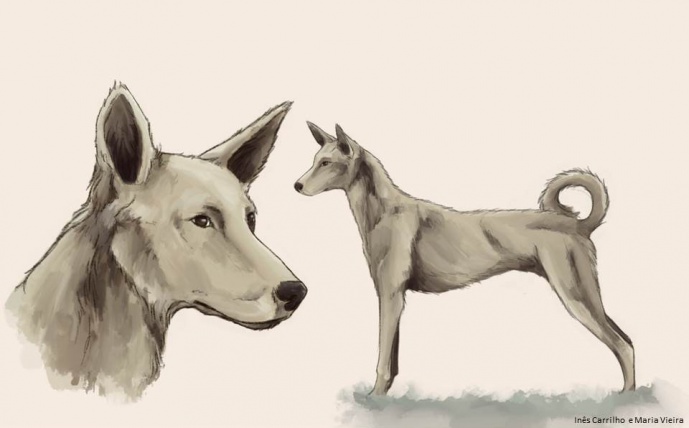Tracing the origins and evolutionary paths of the Iberian and the Maghreb Dog (WOOF)
We aim to understand the evolutionary trajectories of past populations of dogs and wolves in Iberia and North Africa. The origins and impacts of domestication of dogs is a widely-debated issue in archaeology. Are Iberian dogs derived from Middle Eastern or Asian ancestors or are there evidences of some events of local domestication from Iberian wolves as well? Was there intermixing between domesticated imports and local wild stock in the past? These are important questions addressed by archaeologists, relevant for tracing back the migratory movements of our ancestors and how they interacted with their environment. Through archaeogenetics we will be able to capture the chrono-geographical dimensions of the evolution and population structure of early dogs and ancient wolves since the Upper Palaeolithic. By performing genomic analysis of ancient samples, we will be able to reconstruct evolutionary paths and phenotypic traits of past populations.
To see the outreach output of this project, the film The Muge dog: a prehistoric friend, please click here.
João Requicha, Cleia Detry, Silvia Valenzuela Lamas, Isabel Maria Amorim do Rosário, Fernanda Paula da Silva Simões de Matos,José António dos Santos Pereira de Matos, Francisco José Petrucci Guterres da Fonseca




